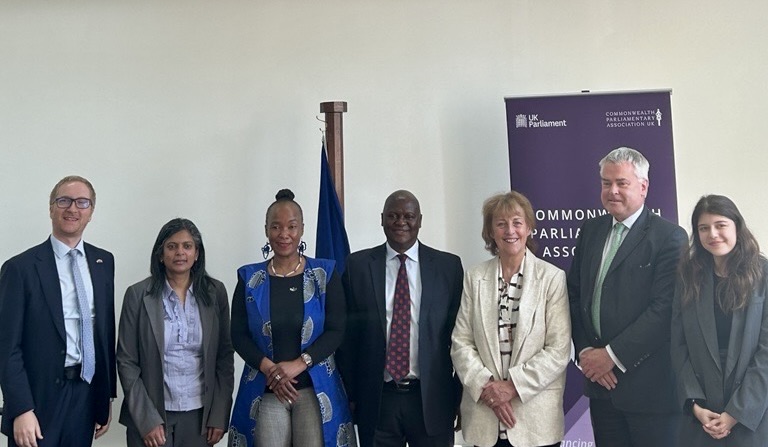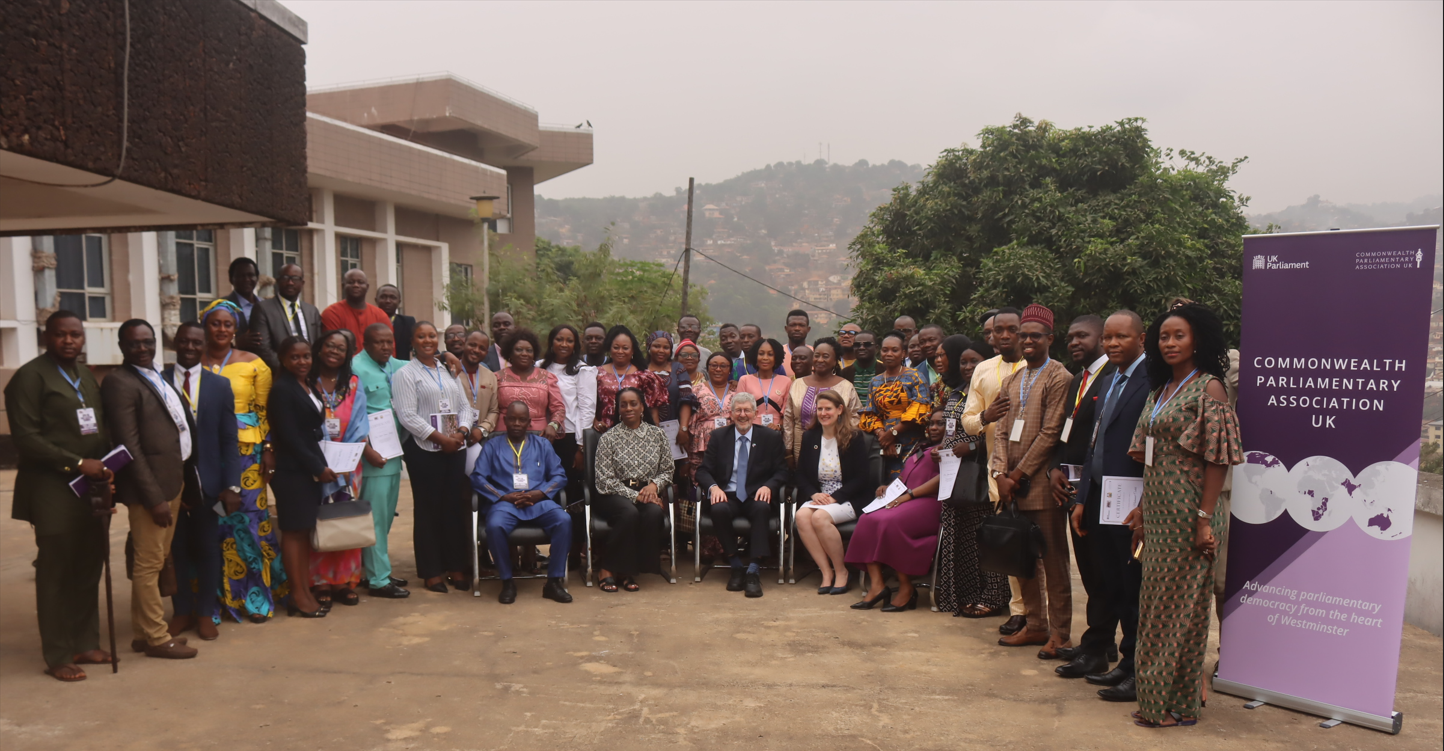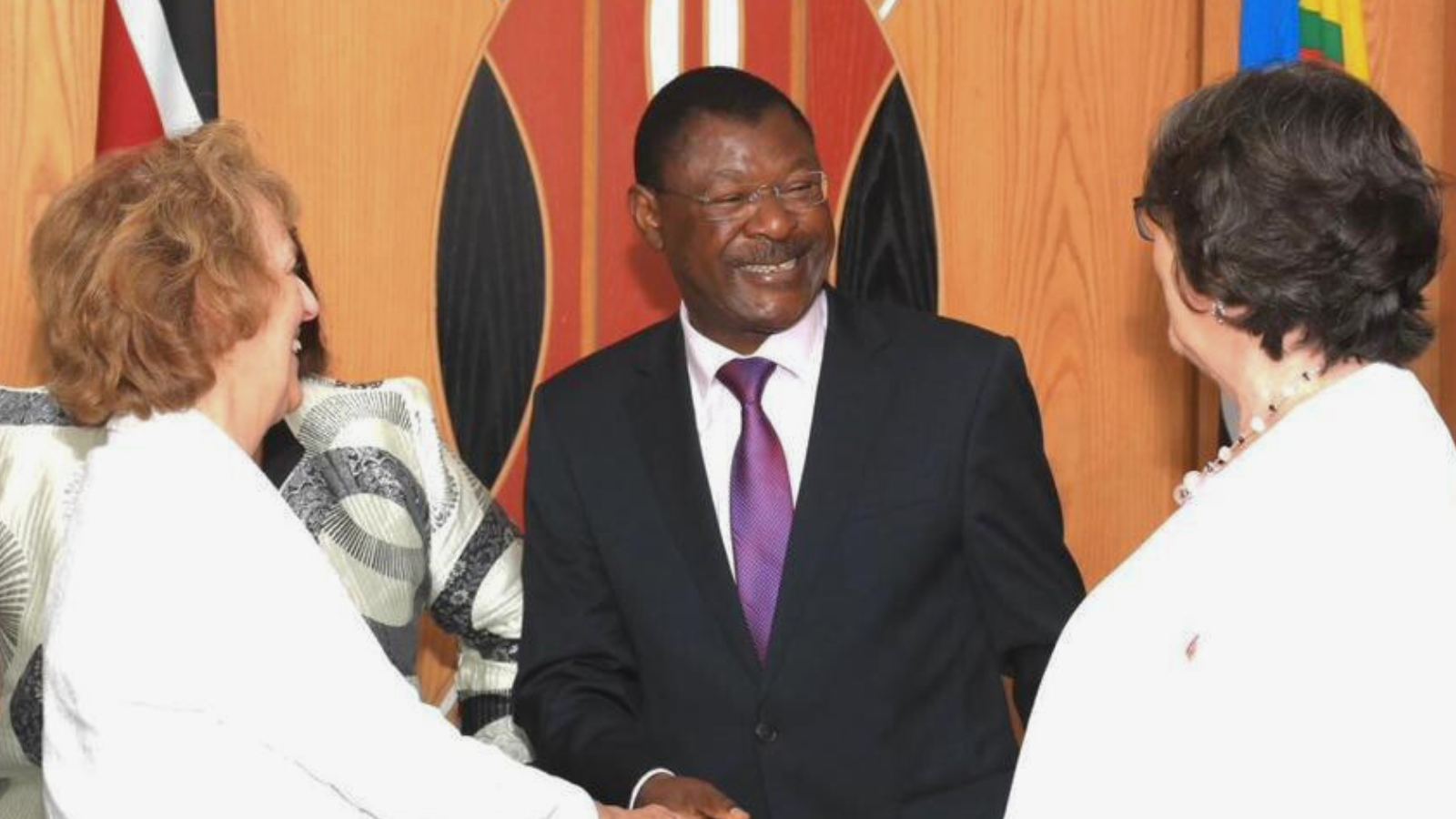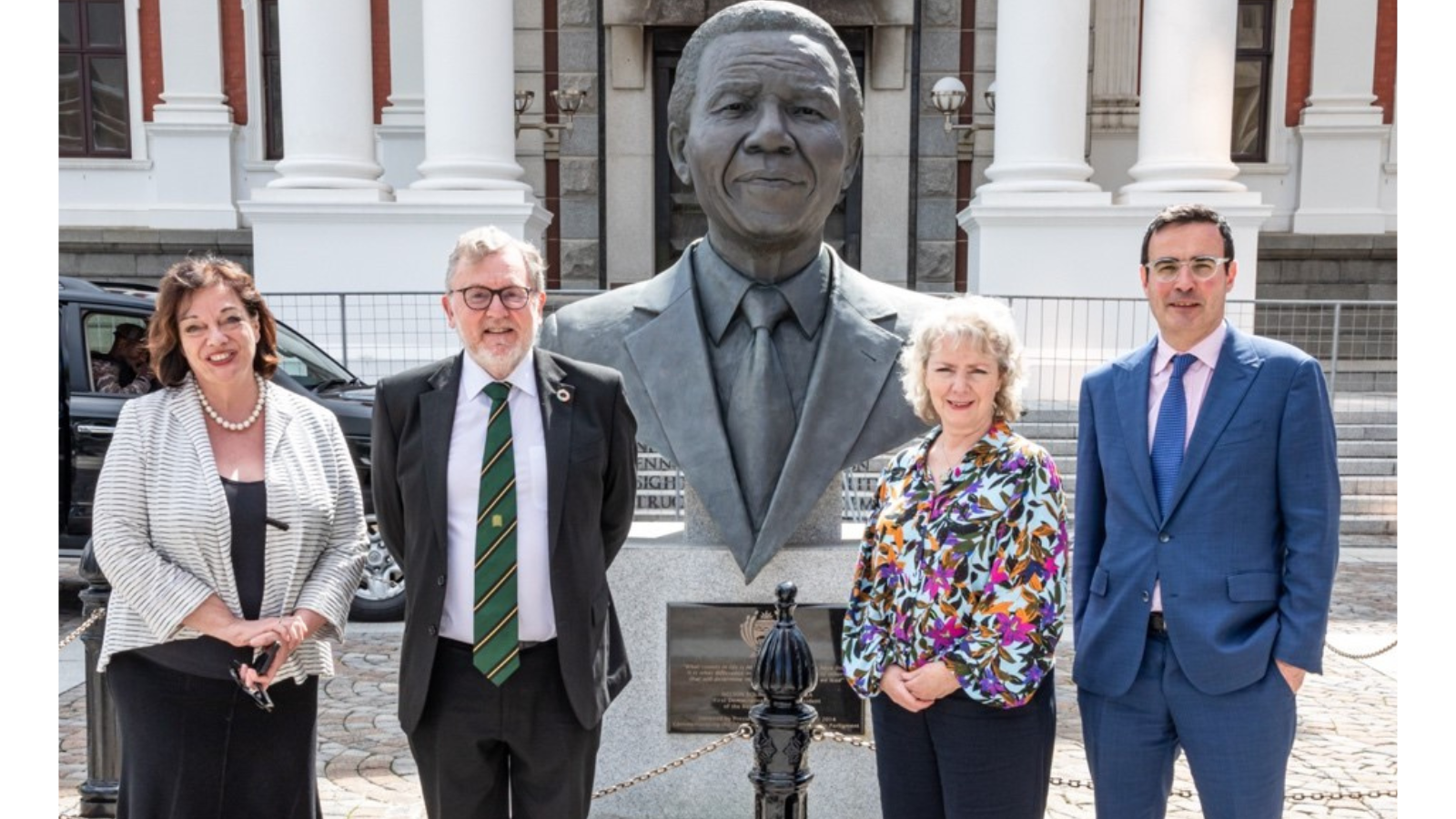Discussion on ending capital punishment brings together parliamentarians from across Africa
Published 23 November 2022

In collaboration with the UK charity Reprieve, CPA UK hosted an online roundtable discussion on capital punishment, attended by parliamentarians from eight different African legislations from around the Commonwealth. Participants heard from a range of case studies identifying ways and strategies to help strengthen and push through the Abolishment Bill in their respective legislatures.
UK
In the UK Parliament, the All Party Parliamentary Group (APPG) on the Death Penalty brings together Members to consider this sensitive and controversial issue. An APPG on a specialized subject such as the death penalty has great importance within the UK Parliament, particularly when made up of individuals motivated by a mutual interest or concern. The Death Penalty APPG focuses on connecting like-minded parliamentarians from around the world, sharing knowledge and experience in abolishment legislation.
The APPG often hears from experts and academics, enabling them to feed parliamentarians with the acquired knowledge to lobby and assist legislative drafters around the world. The group have also previously advocated for more regional conferences to encourage people to exchange interparliamentary learnings and knowledge. There is great power in heads of Commonwealth governments taking specific issues and pushing them in their respective countries.
Malawi
In Malawi, a recent U-turn took place on abolishment legislation. Despite this disappointing legislative outcome, the Abolishment Bill remains a work in progress and should not be defined as a failure. Supporters of the Bill are now utilizing parliamentary strategies such as cross-party collaboration and consistent communication with the Speaker, to ensure the Bill passes. As well as this, they are working towards more explicit, widespread support for the Bill, building resources to lobby parliamentarians across parties and gain confidence from outside of Parliament.
Civil society can have a strong influence on the legislative process. Select Committee reports and findings have also been very important in influencing the abolition debate, and welcoming members of the public into these parliamentary spaces can help build public support. The new Abolishment Bill in Malawi is therefore in a good position. The presentation from Malawi gave motivation and practical strategies for African delegates to take back to their legislatures.
Ghana
In Ghana they are abolitionist in practice, as no death sentences have been executed since 1993, however no official moratorium has been imposed. During the process of abolishment, incorporating indigenous viewpoints into the clauses of the Abolishment Bill had been crucially important, as well as including members of the public in the legislative planning. This can be achieved through greater diplomatic partnerships to help share knowledge and experience. The Ghanian Parliament will therefore be involving civil society stakeholders into their legislative process by inviting them to attend and participate in specialised abolishment committees, ensuring the voices of experts are embedded throughout the Bill’s development.
Sierra Leone
The Sierra Leonean Parliament passed the Abolishment Act in 2021, and therefore parliamentarians from Sierra Leone provided practical guidance for countries also wanting to legislate for abolishment. This includes:
-
lobbying the relevant bill before it is brought to Parliament;
-
building cross-party support;
-
reaching out to civil society;
-
strategically positioning the bill to benefit the whole country;
-
help gain public support and share the bill with networking groups to involve expert knowledge and practical first-hand experience.
Handing parts of the bill to experts to closely scrutinize the work was also recommended.
Reprieve
Reprieve, a UK-based charity focusing on victims of the Death Penalty, emphasized the importance of momentum building through building relationships with a wide variety of stakeholders. Although parliaments have huge responsibilities and power, there is great value in a coordinated approach from experts, victims and academics. Parliamentarians have an important role in the legislative process and should become advocates of the issue. They need to become strategic with the media and have strong campaigns that radiate throughout their country. As the conversation of abolishment in Africa is only growing, there is good cause for hope that the continent will soon be free of the death penalty as a punishment.



